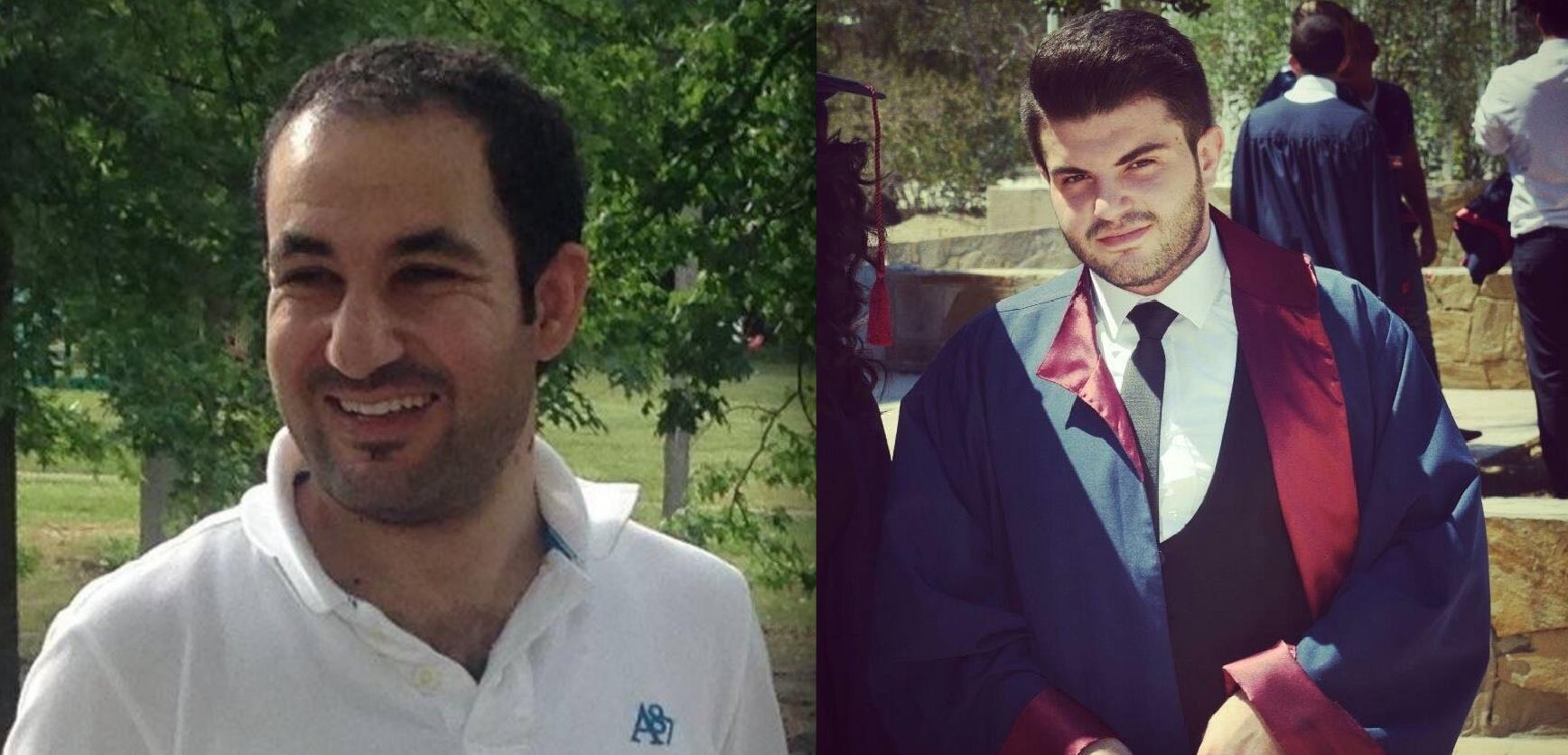Syrians on Donald Trump’s ‘Muslim ban’: 'I did not see this coming. I thought I would be safe'
Even Syrians with the legal right to live in the US say they are scared immigration executive order will tear apart their families and cause further suffering

Your support helps us to tell the story
From reproductive rights to climate change to Big Tech, The Independent is on the ground when the story is developing. Whether it's investigating the financials of Elon Musk's pro-Trump PAC or producing our latest documentary, 'The A Word', which shines a light on the American women fighting for reproductive rights, we know how important it is to parse out the facts from the messaging.
At such a critical moment in US history, we need reporters on the ground. Your donation allows us to keep sending journalists to speak to both sides of the story.
The Independent is trusted by Americans across the entire political spectrum. And unlike many other quality news outlets, we choose not to lock Americans out of our reporting and analysis with paywalls. We believe quality journalism should be available to everyone, paid for by those who can afford it.
Your support makes all the difference.It is not yet known how many people around the world will be affected by US President Donald Trump’s executive order banning even legal residents of seven predominantly Muslim countries from entering the United States.
While citizens from Iran, Iraq, Libya, Somalia, Syria, Sudan and Yemen are temporarily barred from US soil, the legislation also suspends the US’s refugee resettlement programme for 120 days and cuts the number to be accepted each year from 50,000 to 25,000.
Several parts of what was deemed the “ill thought out” order have already been struck down by federal judges amid outrage worldwide and protests and confusion at all of the US’s major airports over the weekend.
Perhaps most cruelly it hits Syrians – people who have suffered unthinkable losses – the hardest. The processing of refugees fleeing six years of bloody civil war has been halted indefinitely.
“The last few days have been so frustrating. I haven’t slept at all,” said 23-year-old Alaa Alsabeh, from Hama in central Syria.
Alaa, who is currently studying in northern Cyprus, had been due to start a masters programme in Engineering at Wayne State University in Michigan later this year. But the US Embassy emailed to say that his visa interview had been cancelled, and would not be rescheduled.
“I have some plans but I’m not sure what I’m going to do. I missed my chance to go to Germany or Canada when I accepted the offer from [Wayne State],” he said.
Alaa managed to leave for Beirut over the border 18 months ago with the hopes of going on to postgraduate study to make his family proud.
"It is frustrating his hard work has come to nothing thanks to American politics, he said.
“This order is nothing to do with Syrians or me, I’m just a student. The protests show that the politicians don’t represent the people over there.”
Thousands more people like Alaa thought to be waiting on the lengthy asylum process or already in the air when the order was enacted are now trapped in a legal limbo.
In Lebanon, Jordan and Turkey – Syria’s neighbours – airports reported that around a dozen families who had been turned away at US immigration had returned after leaving for what they finally thought was a new life.
(On Monday, Mr Trump said the chaos at airports worldwide was the result of a Delta Airlines system malfunction rather than his order. He defended implementing the legislation without warning so “bad dudes” didn’t scramble to enter the US beforehand.)
For those already in the US, the situation is still fraught with untested complications.
Amer Doko managed to flee Syria for Jordan in 2013 after being released from one of the Syrian regime’s notorious prisons for dissenters.
Now based in Washington DC, he works for a non-profit organisation which aims to strengthen democratic institutions in developing countries and lives with his young family in Virginia.
“I did not see this coming. I thought I would be safe with my permanent residency,” he said.
“Even people with dual citizenship are being affected. No Syrians are safe here anymore.”
Amer travels with work several times a year, and says the ban will adversely affect his ability to do his job as he dares not leave the country now.
His original hope of returning to Syria after finishing a Masters degree at Georgetown University died when he realised the war was still far from being over.
“The situation is very volatile. Being denied entry back into the US? Trust me, no Syrian can pay that price or take that risk.
“Even if you have all the reassurances in the world you will not put yourself in that position now,” he said. “We are heading into a very dark era.”
Subscribe to Independent Premium to bookmark this article
Want to bookmark your favourite articles and stories to read or reference later? Start your Independent Premium subscription today.
Join our commenting forum
Join thought-provoking conversations, follow other Independent readers and see their replies
Comments